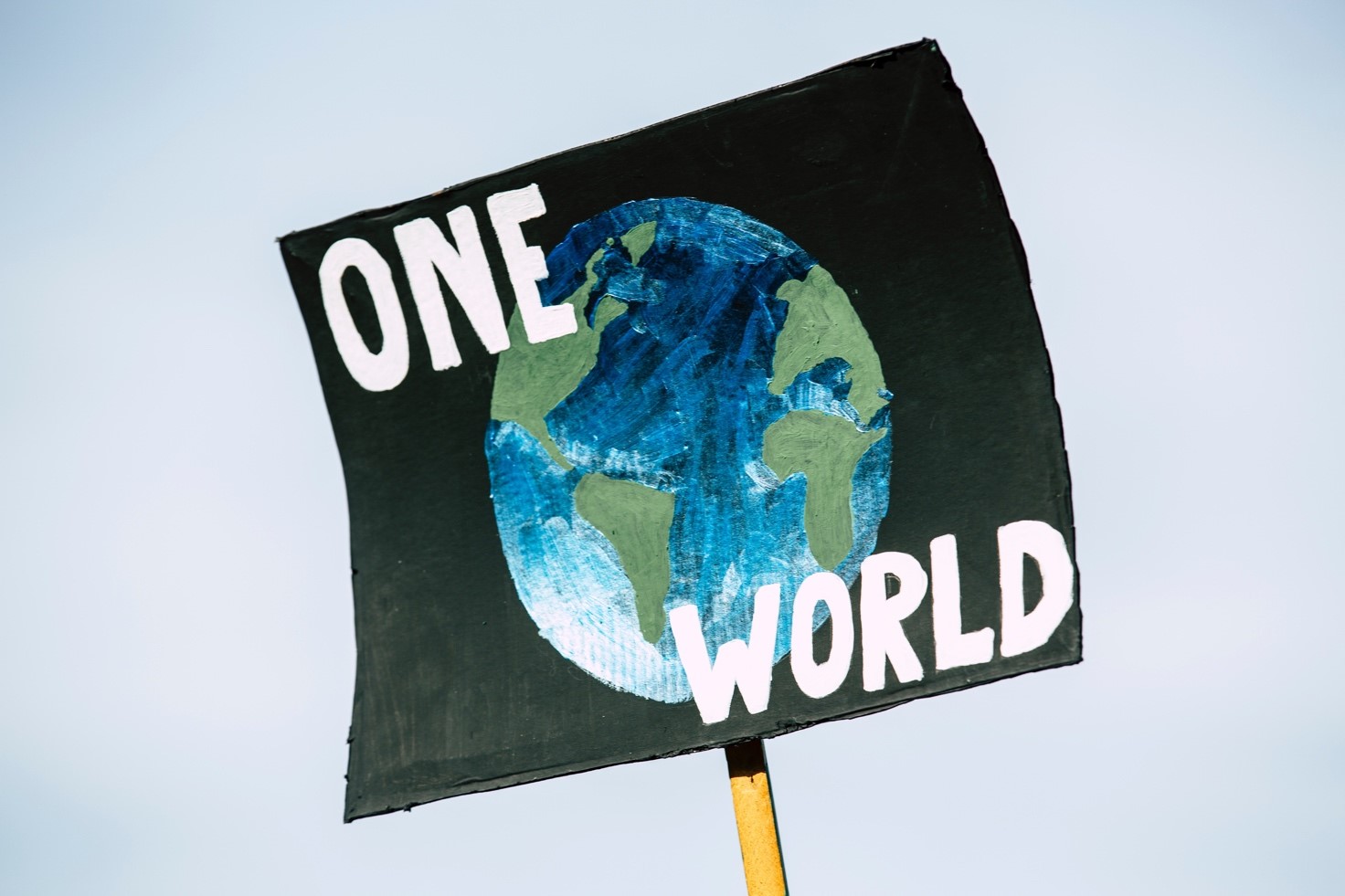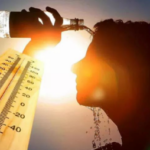
How Citizens Are Taking Back Control Through Climate Change Protests
Published on May 29, 2023 at 1:56 PM by Edgar Naitha
 Image: https://unsplash.com/photos/r1BS0pzlr1M
Image: https://unsplash.com/photos/r1BS0pzlr1M
Just Stop Oil, Insulate the World, Avoid the Extinction and Rebel: these are the evocatively named pressure groups that have made the headlines in 2023. No matter where you look, whether it’s art galleries in the UK or highways in Italy, you’ll find people taking action and making the mainstream news.
Clearly there’s support for these types of movements as we see from the increasing numbers of people, and larger spread of countries, that are joining in. But the question is: Are we just focusing on the very loud voices of a tiny disruptive minority, or are we hearing the true voice of the silent majority?
Climate change is one of those weirdly polarizing issues that causes many seemingly sane people to lose their heads and jump to conclusions. In many cases, they do so out of a need to try and fit into a particular political narrative they’ve chosen. They have adopted this set of political principles, now they have to feel a set way about climate change. The result? A divisive issue that leads to many people arguing, throwing insults and changing very little. We want to move past these tensions here and look at the issue from a different angle.
By putting aside judgements as to the degree to which climate change is a) occurring and b) manmade, we want to focus instead on how citizen-driven action is likely to evolve. And this is more than idle speculation, it’s a way of understanding how the silent majority are likely to be influenced by the actions of those who are clearly setting out how they feel about the future of the planet.
Images of protestors throwing soup or other liquids at priceless paintings that are actually shielded behind half an inch of bulletproof glass initially shock us, but they achieve very little in terms of reaction afterwards. They were initially a good talking point on evening news but have no real impact once the fact that all such paintings are amply shielded becomes widely known. While some will attempt to raise awareness, and potentially their own personal profile as an activist, with such public displays, they’re unlikely to generate sufficient outrage to continue the debate in a meaningful way.
At the other end of the spectrum we have the overnight road closures in and around major cities, as demonstrated by a sky-high protest in London recently. The activists were jailed for 3 years, widespread disruption and delays were caused, and the average person in the street who lived nearby will have been severely inconvenienced. The problem here is that when people are simply trying to get to and from work, job interviews and medical appointments to name but a few, they don’t want to be delayed.
When they find out that someone has caused a delay to raise awareness of an issue they may well be undecided on, the chances of them taking a reasoned look at their motivations is very small. The chances of converting someone who is against the need for a dramatic shift in the way we consume energy also becomes vanishingly small. But due to the dramatic nature of such protests, and how just a couple of people can cause such disruption, we can expect to see them popping up throughout at least the next 6-12 months.
By far and away the most common type of protests have been slow marches or sit downs in major city centers, often accompanied by locking and gluing. While the protestors themselves often stress how they’re being nonviolent, reaction to them is anything but: banners and bags thrown to the side of the road, verbal abuse and even vehicles refusing to stop as they slowly push through are all common sights on social media. The issue here is that when you stop the everyday person at the point they need to do something, you’re unlikely to get a reasoned debate out of them. They need to be somewhere, doing something at a specific time. We all have lives to lead and yet a select few seem to have self-appointed their needs as more important than everyone else on the road — at least that’s the thought train of the angriest drivers in the traffic jam. These types of protests are dramatic, newsworthy, cheap and scale limitlessly. Expect them to continue but expect legal loopholes to be gradually closed and them ultimately be forced onto the pavements. Whether we think that’s right or wrong is besides the point; this is the way we anticipate events unfolding throughout the rest of 2023, and beyond.
So, what else can we get by looking more at the protests and how they will potentially take shape in the weeks and months ahead? Well, one of the key reasons they continue to evolve is that the law responds to them. Clearly the protests can result in changes in the law, but are they ever going to get to the point of changing widespread economic and environmental policies, rather than simply granting the police new powers of arrest and dispersal?
Governments around the world have recently made changes to everything from road safety laws for cyclists to rules covering activities like online slots or legal minimum wages that can be paid to workers. While each of these may seem like quick processes because a day came when they came into force overnight, creating and passing the legislation behind them was anything but that.
Knee-jerk reactions fueled by popular sentiment don’t result in balanced and finely balanced environmental legislation. While it will be interesting to see how the protests evolve, the biggest shift will come when big businesses and the silent majority push for gradual, incremental change.


